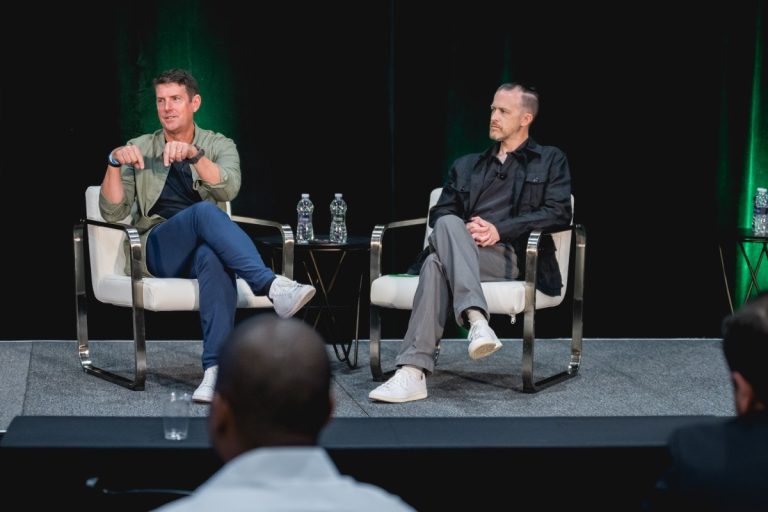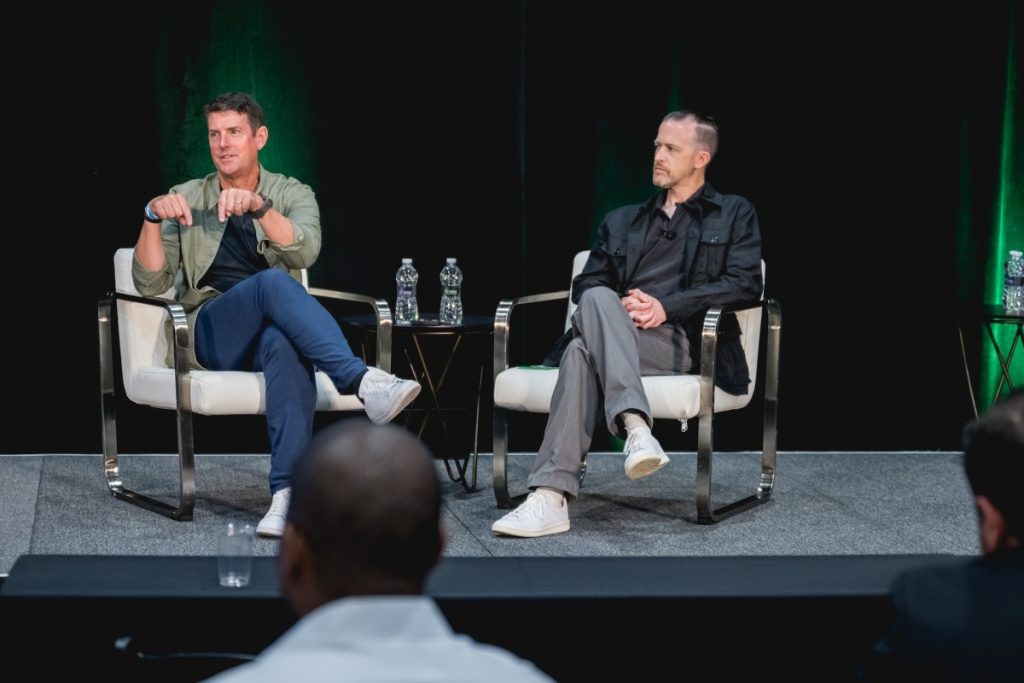In a surprising move shaking up the fintech landscape, Darragh Buckley – widely recognized as Stripe’s first employee and founder of banking-as-a-service platform Increase – has solidified his influence in the community banking sector with a strategic stake acquisition. While industry watchers speculated for years about Buckley’s ambitions to “own a bank” to bolster his fintech venture, recent disclosures reveal a deeper, community-focused strategy that defies expectations.
A Quiet Power Play in Community Banking
Federal Reserve Board filings confirm Buckley secured a significant ownership position in Twin City Bank, a small institution based in Longview, Washington. Though exact figures remain undisclosed, the investment surpassed the 10% threshold requiring regulatory disclosure, positioning him as a major stakeholder. This marks Buckley’s fourth investment in Washington-based community banks, a pattern highlighting his long-term commitment to regional financial institutions rather than a narrow fintech power grab.
Dispelling the Myths: Why Competitors Got It Wrong
Rumors swirled that Buckley sought direct control of a bank to bypass partnerships and supercharge Increase’s growth. However, he clarified to TechCrunch that Twin City Bank will remain community-driven, rejecting the “sponsor banking” model used by competitors. “Sponsor banking demands specialized oversight capabilities,” Buckley emphasized, referencing recent crises like Evolve Bank’s ransomware breach and regulatory penalties. “Only institutions built for that risk should engage in it.”
The Rise of Fintech’s Bank-Buying Trend
Buckley’s move mirrors a growing trend among fintech leaders seeking stability and control. Examples include Plaid co-founder William Hockey’s purchase of Northern California National Bank via Column, and Lead Bank’s acquisition by former Block executives. Unlike these players, however, Buckley insists his approach centers on revitalizing community banks’ traditional strengths: localized relationships and tailored financial services.
Regulatory Green Light Amidst Behind-the-Scenes Drama
Despite opposition from unnamed competitors – including a shadowy campaign to derail the deal via negative press – Buckley secured FDIC approval, declaring the transaction closed. The agency’s “non-objection for control” signals confidence in his vision, even as rivals remain wary. For now, Twin City Bank stands as a test case for whether fintech investment can coexist with community banking’s ethos, challenging assumptions about consolidation and disruption in the sector.















